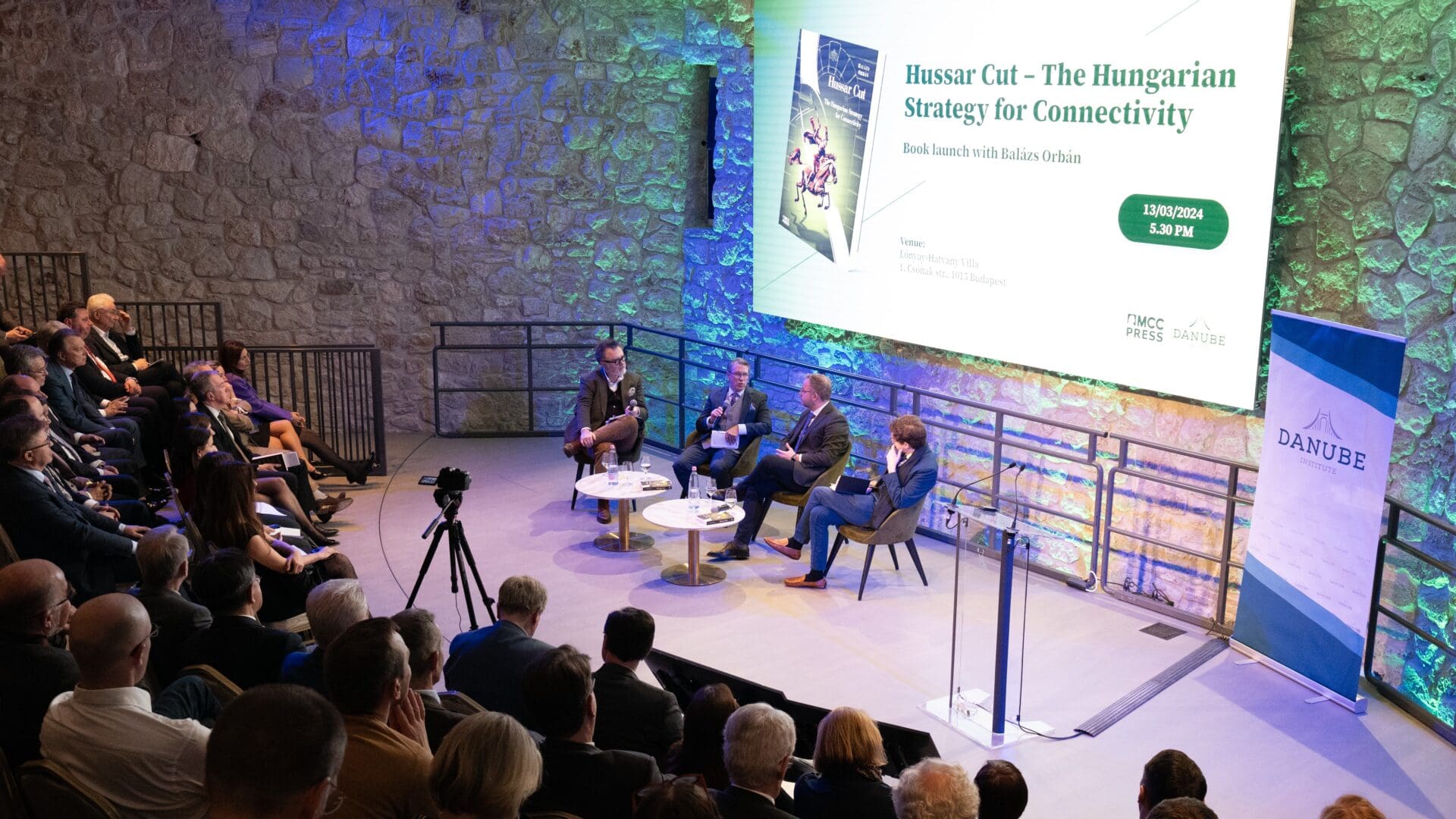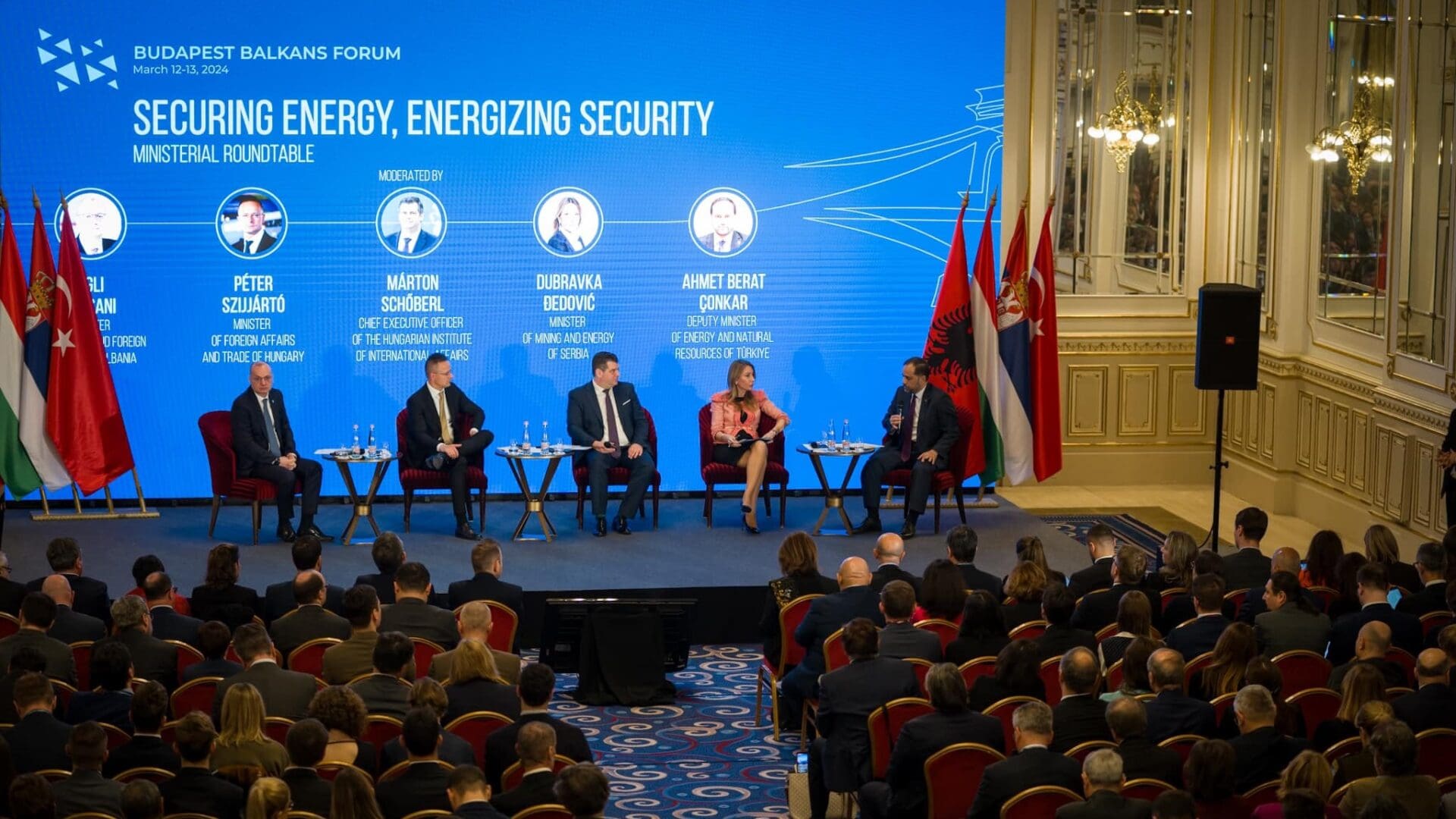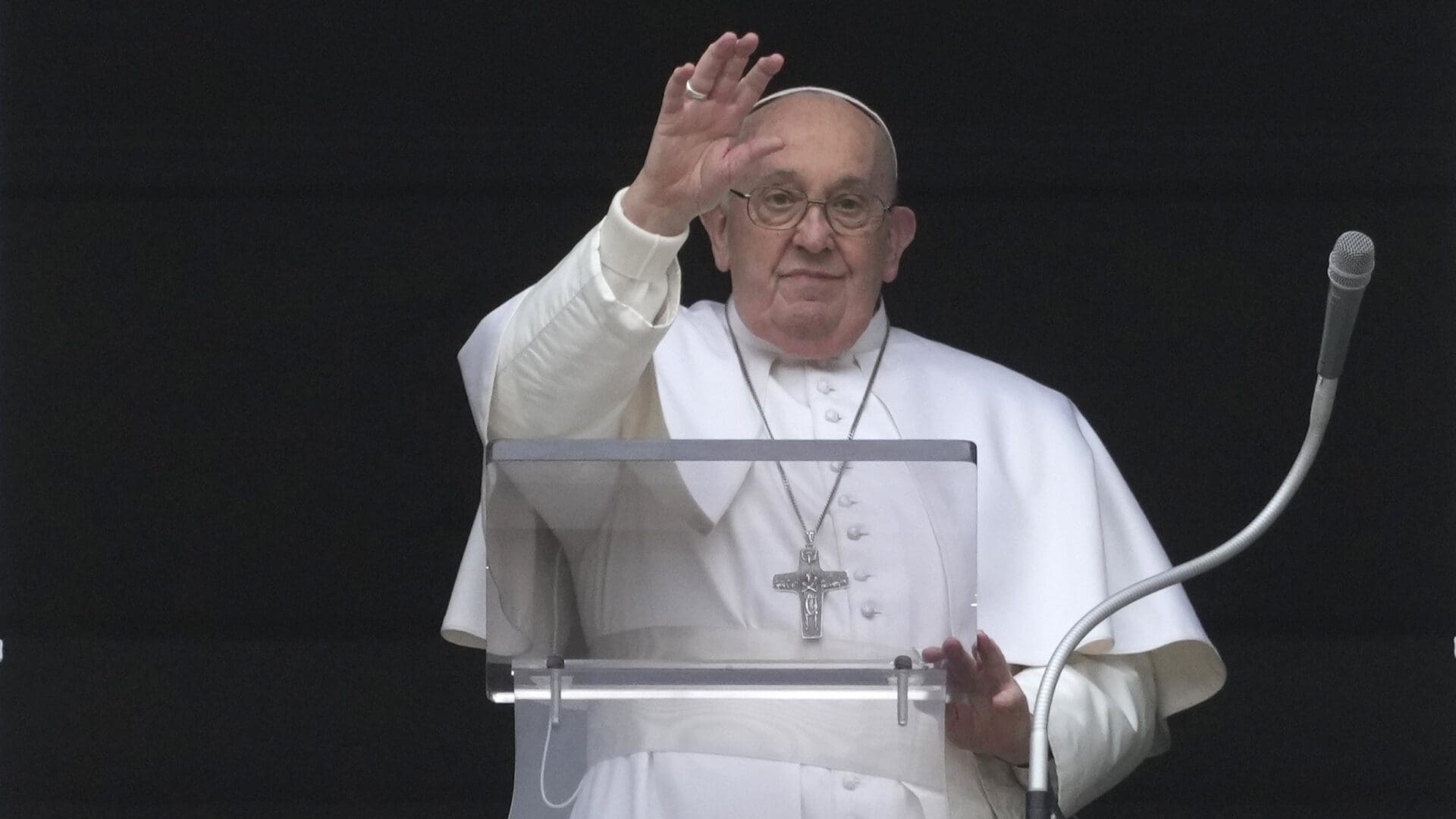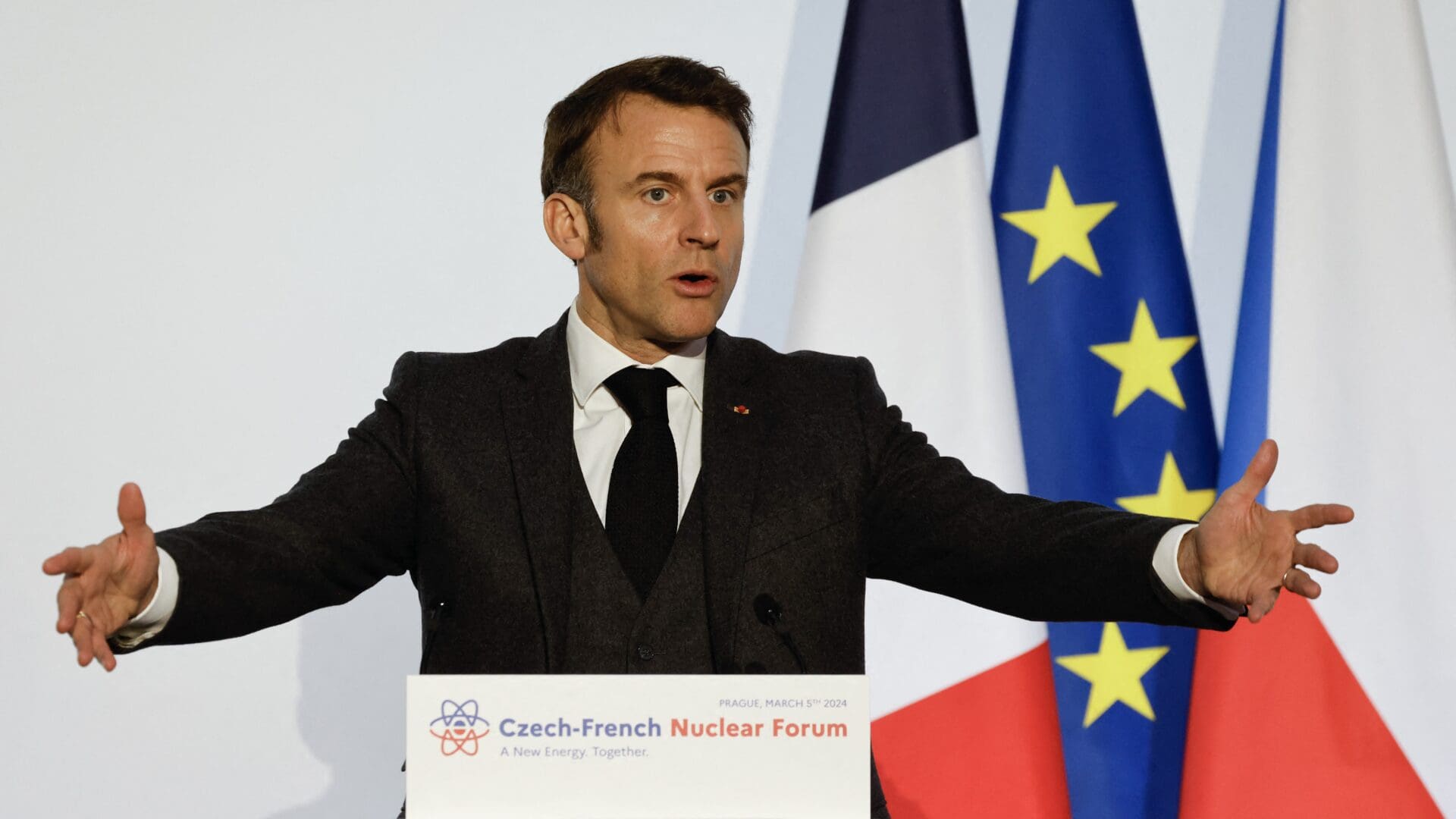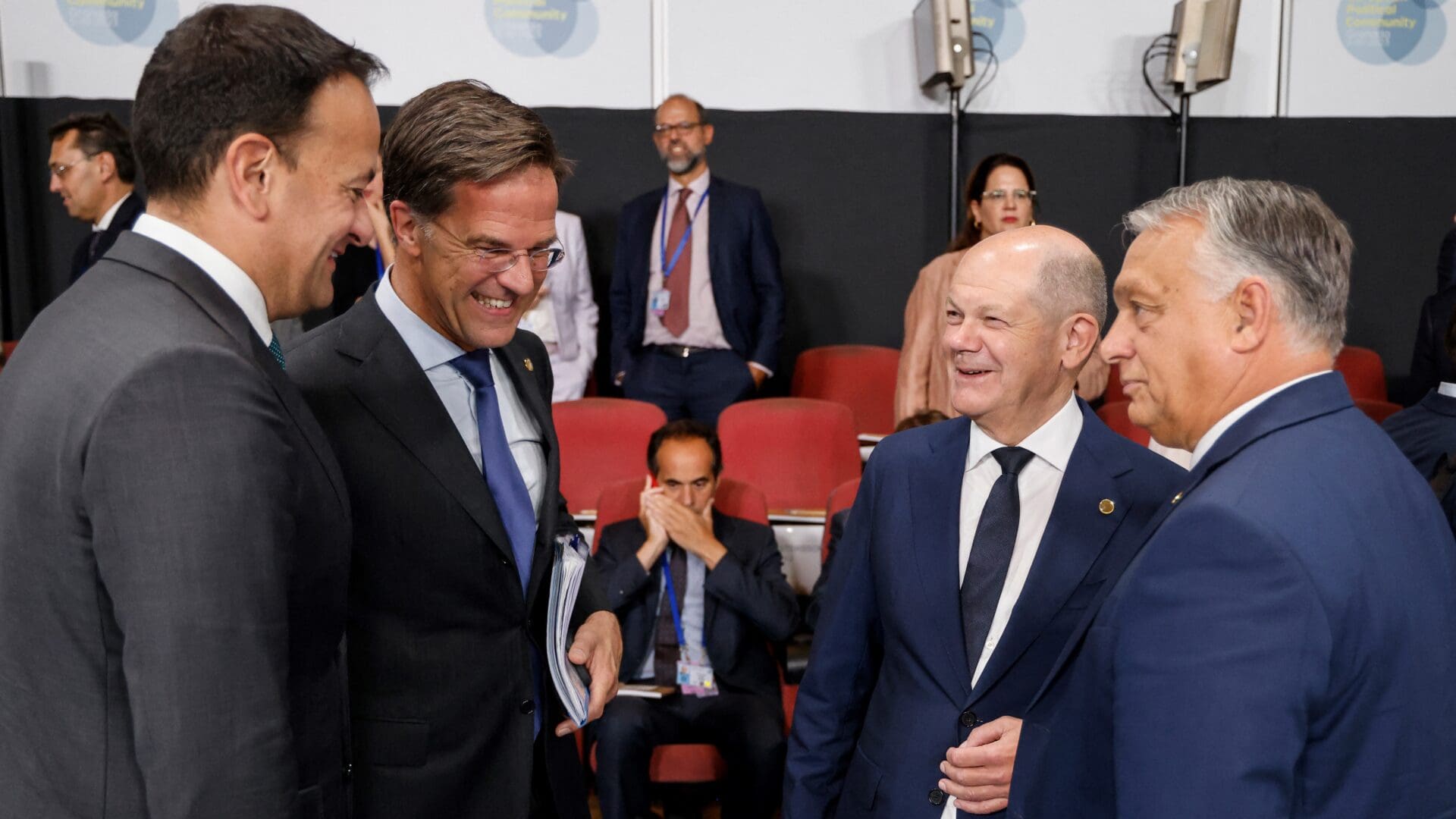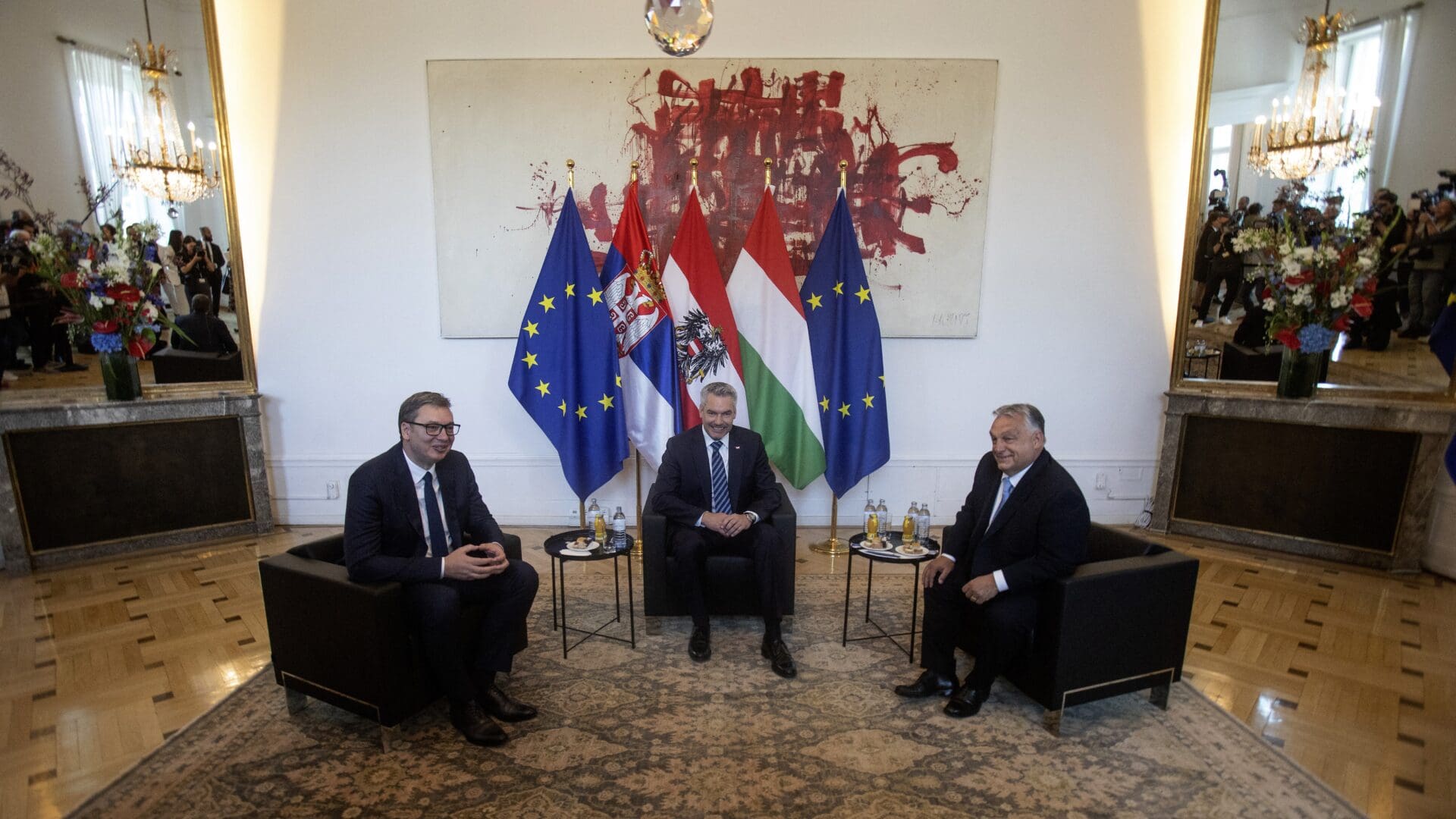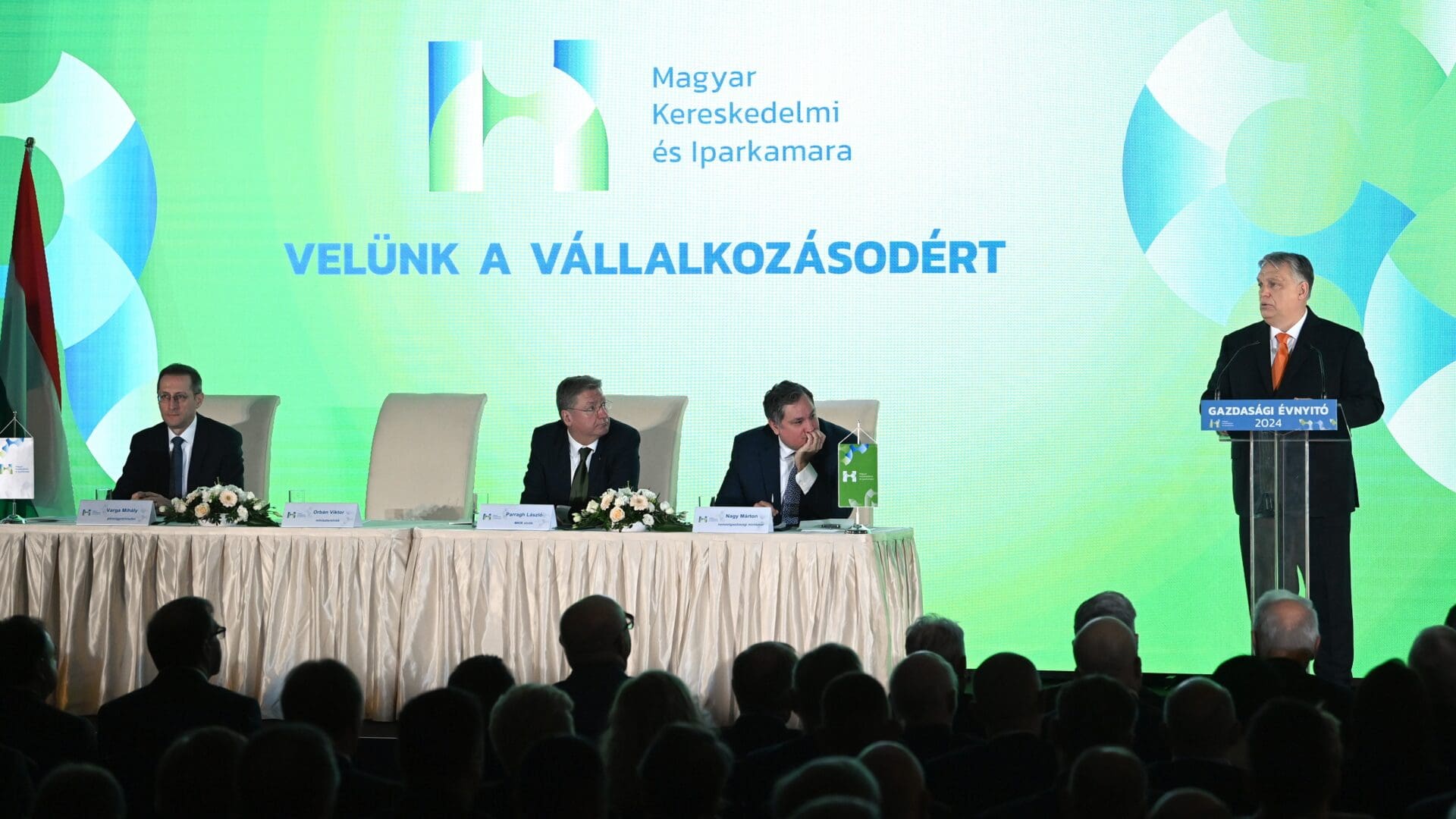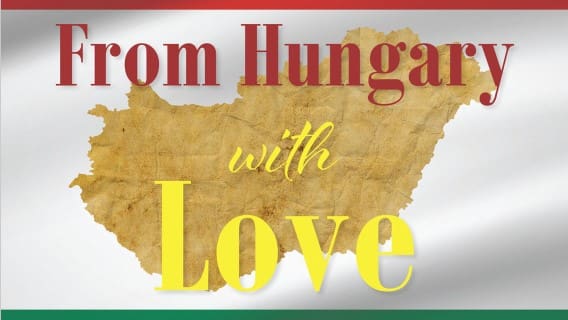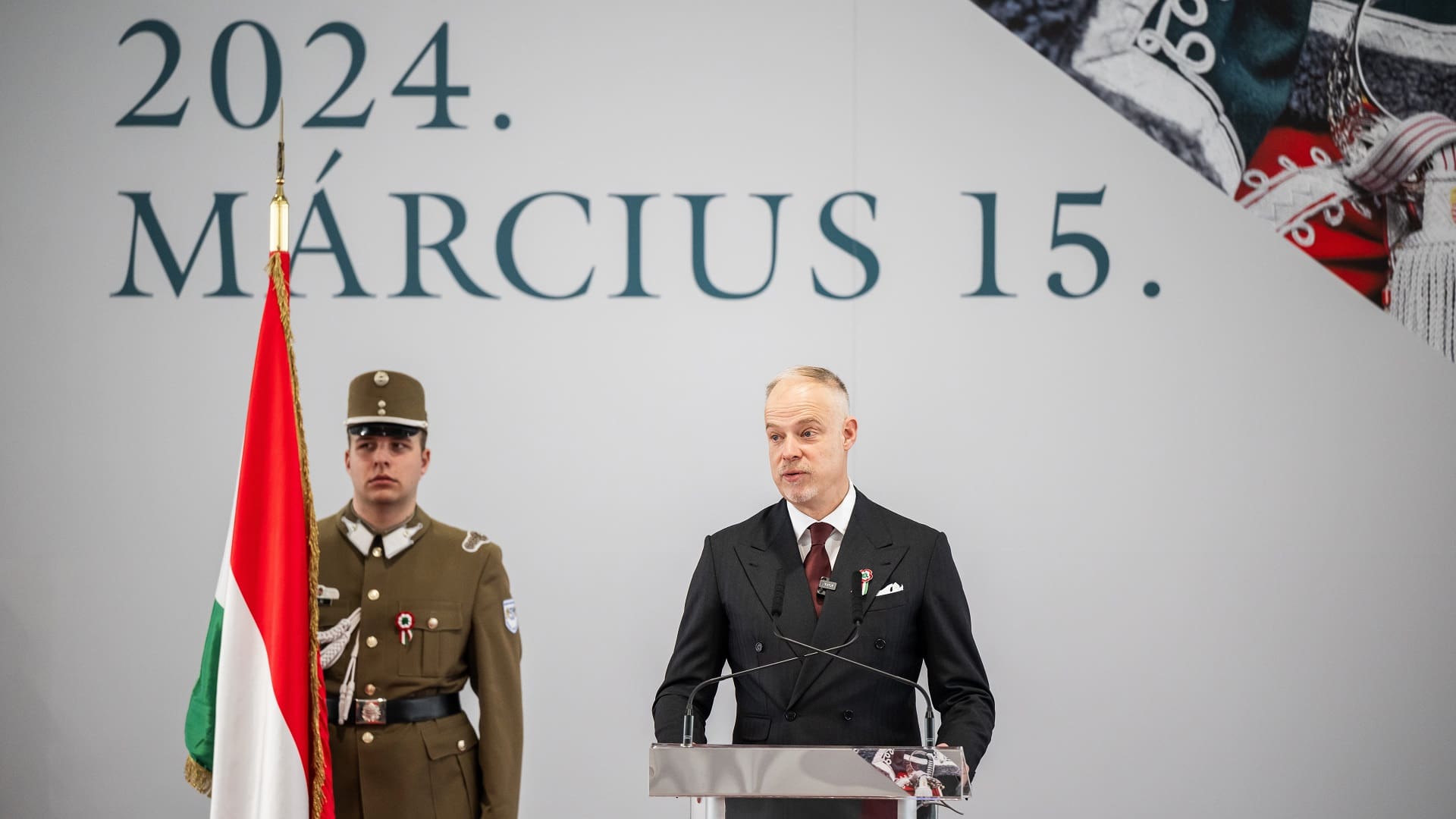
‘The future belongs to free nations’, Defence Minister Says at 15 March Commemoration
‘Today, our generation has the opportunity to build our own army, the force that guarantees the armed defence of the nation. This is our task, and in that we are no different from the revolutionaries of 1848,’ Minister Szalay-Bobrovniczky said at the Defence Ministry’s commemoration of the 1848 Hungarian revolution.

